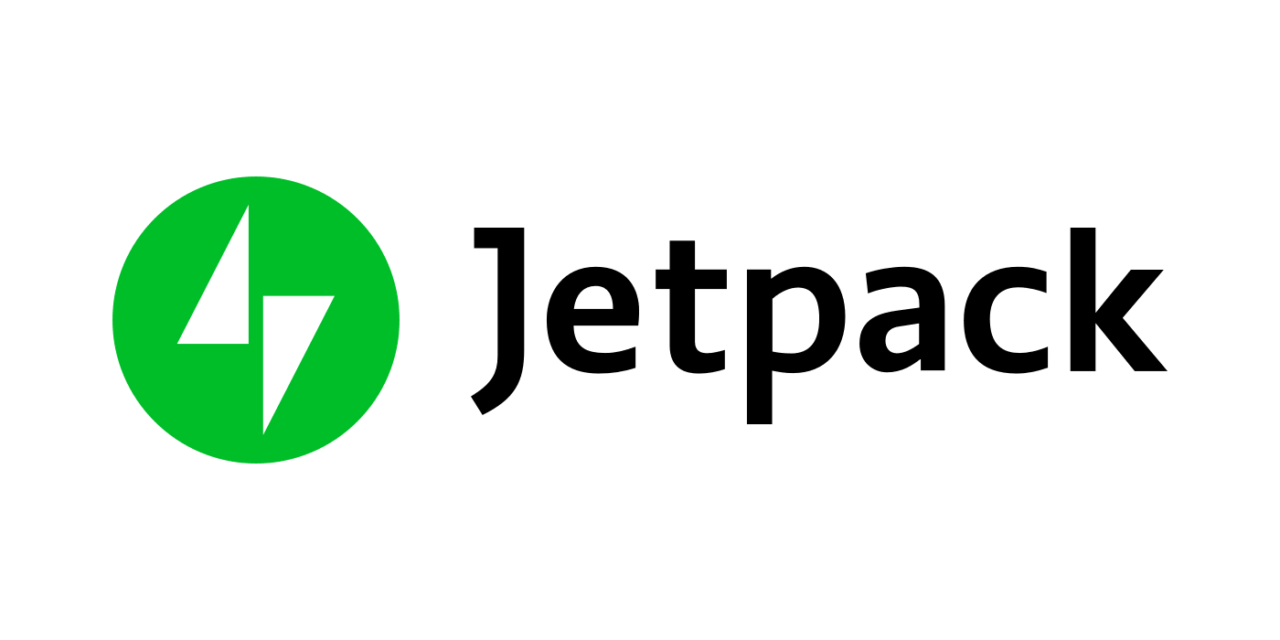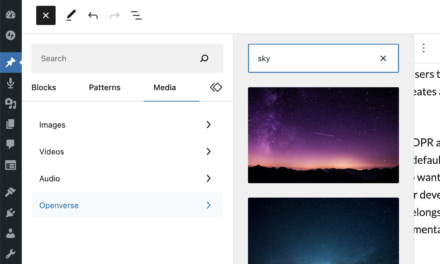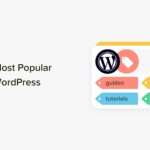Jetpack’s Design and Research Team is launching a new customer research panel as part of an ongoing effort to collect feedback in advance of launching new features. They are allocating one day every month to talk with users:
It’s a small step toward an important goal of better understanding what our users need, seeing and hearing first hand where they are frustrated, and learning how Jetpack can work better for them.
The relationship benefits both sides. Our customers enjoy a sneak preview of features coming down the roadmap, and are empowered to help shape the product’s future. And our design slash research team sees first hand, how our products perform with real folks using them.
Jetpack is recruiting customers for 45-minute long interviews on Zoom where they will preview some new designs and talk about proposed product improvements that are already in the works. In exchange, participants receive a $25 Amazon gift card.
This outreach effort may help in easing the periodic friction between Automattic and the larger WordPress community, which tends to emerge like pop-up storms on social media and quickly dissipate, but not without taxing onlookers’ good will. Although Jetpack is active on more than 5 million sites, and is marketed as “the most popular WordPress plugin for just about everything,” its team occasionally seems out of touch with users.
One recent example of this happened when Matt Medeiros drew attention to the wording for the Jetpack Scan upsells that appear on the plugins page in the admin. Specifically, people took issue with the claim that “adding plugins can expose your site to security risks.” While this is true, participants in the resulting heated discussion said it implies that Jetpack, the plugin that claims to do “just about everything,” is the only safe plugin.
Some perceived it to be in violation of #11 of the Plugin Directory guidelines, which states that plugins should not hijack the admin dashboard. The guideline also recommends avoiding advertising in the admin “as it is generally ineffective,” as well as frustrating for users who are not looking for additional complications while solving problems.
This particular case was resolved after Automattic product designer Jeff Golenski took the community feedback to his team. They updated the advertisement to be less fear-inspiring regarding the WordPress plugin ecosystem.
In another potent example of disconnect from the larger community, Jetpack 7.1 quietly introduced suggestions to the plugin search screen. The update artificially inserted a search result into the first plugin card slot, identifying the corresponding Jetpack feature if one was available. Jetpack’s module placement in the results subtly implied that other plugins were inferior options to its existing modules. Some of the modules advertised required an upgrade. The UI did not make it clear that the artificial search result was not coming from the plugin directory’s algorithm. The Jetpack team claimed that it was designed to be a notice but its implementation was virtually indistinguishable from an advertisement.
In a later release, Jetpack removed all feature suggestions that previously advertised upgrades, characterizing the mistake as “an error in judgment.” This kind of misstep could have easily been avoided if the feature had been presented to actual users in advance. User researchers could have asked, “How would you like it if we put some of our paid upgrades in the top search spot when you are searching for a new plugin?”
Historically, the company has had a few rocky launches where it seemed some product teams did not consider the community’s perception in their marketing approaches. Most recently, this was evident in the launch of WordPress.com’s new website building service, which failed to include important information, i.e. that the intention was to refer business out.
The new customer research panel is a strategic move for Automattic and should allow the company to avoid a lot more frustration and miscommunication around Jetpack. It could also be valuable as a means of testing potential marketing angles, beyond just specific features the team is developing.
“When you have a team continually connecting with their customers, you find that they start to become internal ambassadors for the users, helping to weave the user’s voice into product and design conversations throughout the entire product design process.” Automattic UX/Product Designer Yvonne Doll said in the announcment.
If you want to help the Jetpack team realize these goals and become ambassadors for their users, visit the plugin’s user research blog and sign up to participate in upcoming interviews.











